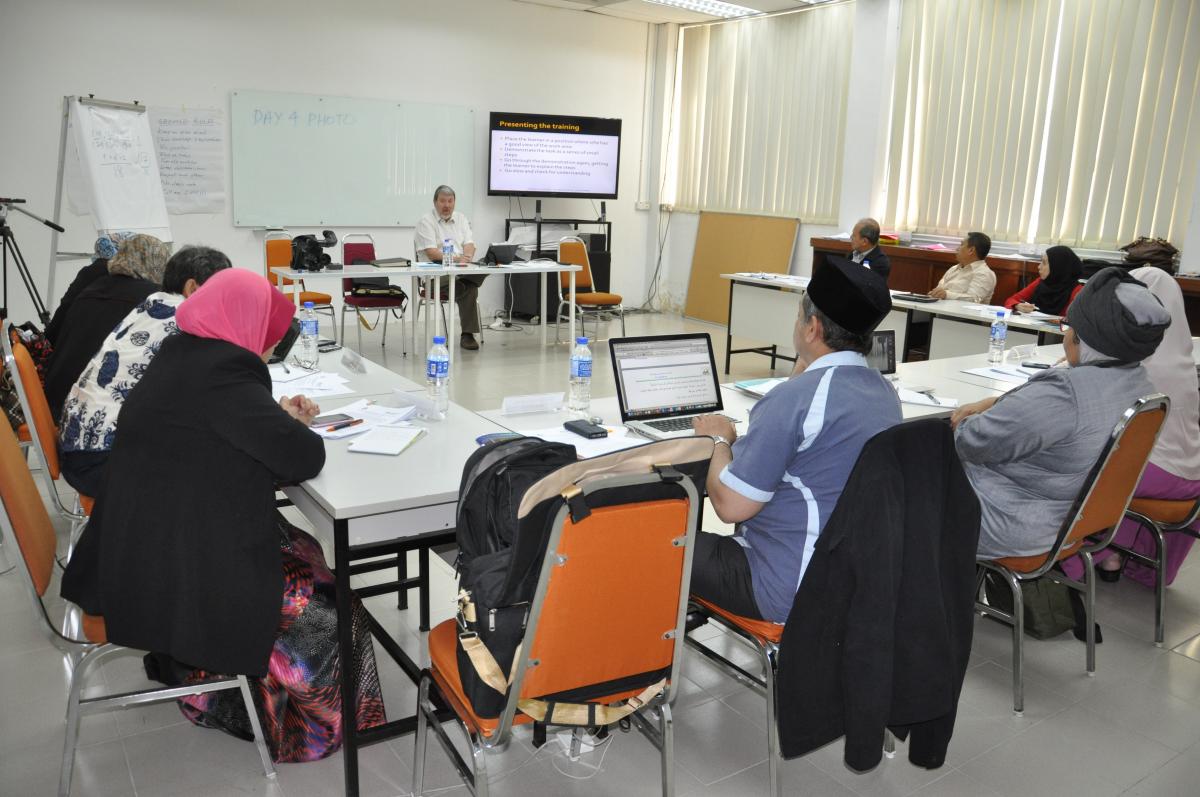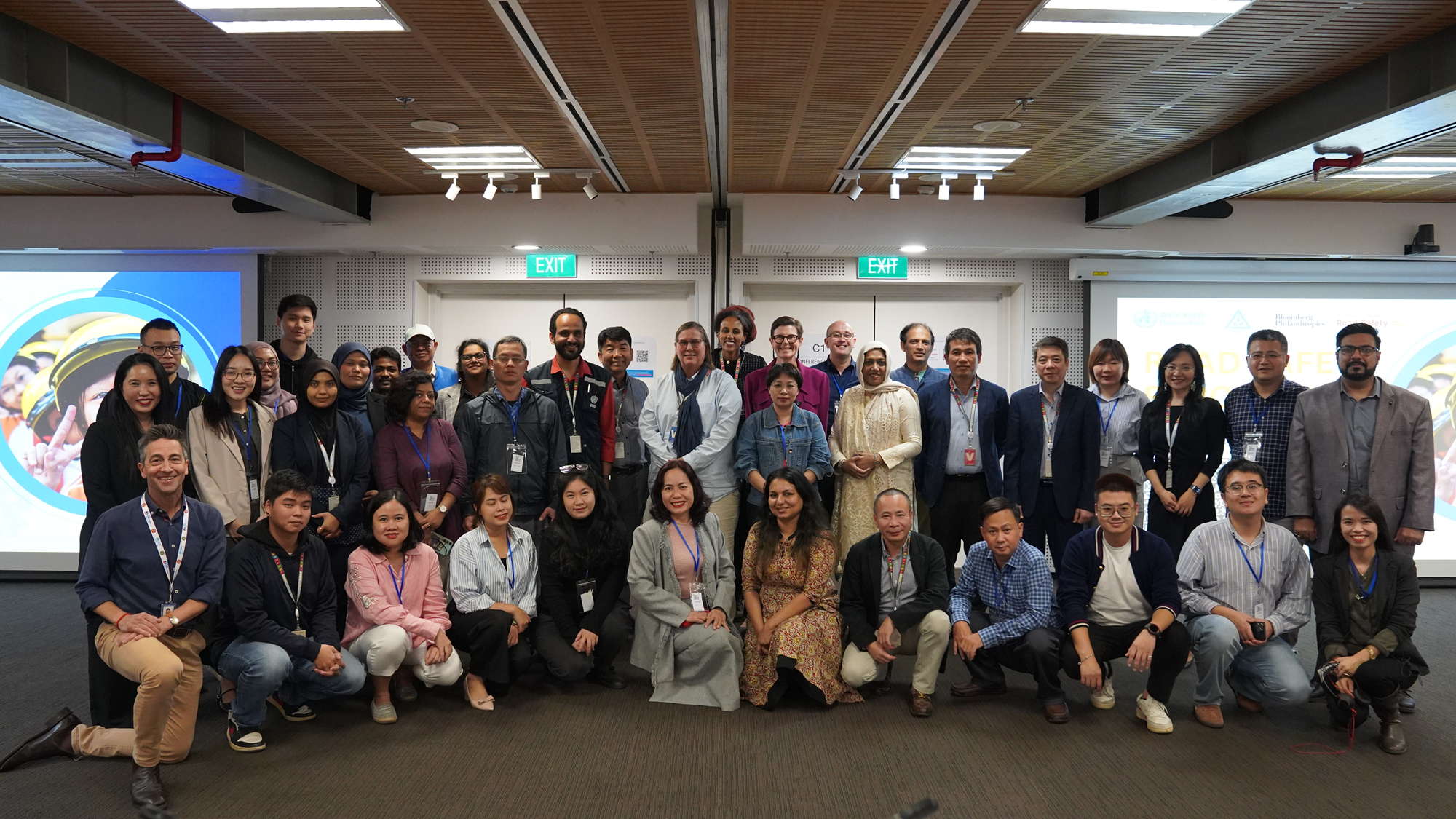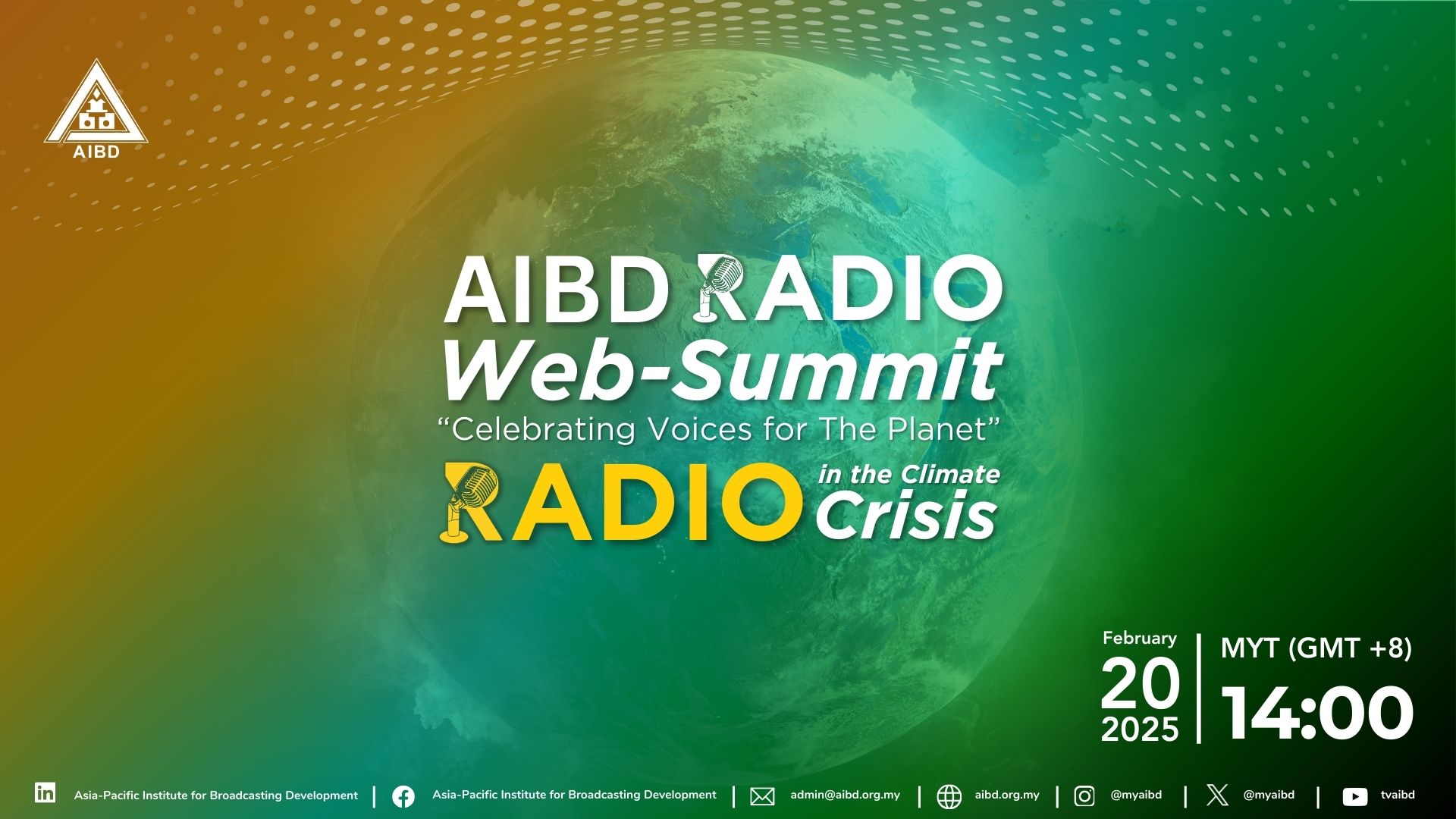
Regional Workshop on Training of Trainers
Newsreaders who take too many breaths, or mispronounce names and places. Location radio reports lacking a sense of place. Poor balance and feedback in a PA system. Insensitive questions to natural disaster victims. And figuring out what to trust—and what not to—when using social media as a news source.
Newsreaders who take too many breaths, or mispronounce names and places. Location radio reports lacking a sense of place. Poor balance and feedback in a PA system. Insensitive questions to natural disaster victims. And figuring out what to trust—and what not to—when using social media as a news source.
Participants in an IPPTAR/ AIBD regional course on training-of-trainers came up with these and other so-called “performance discrepancies” (PDs), areas of work where staff lack knowledge or do not meet expectations. These PDs formed the basis for the development of comprehensive training plans presented over the last two days of the workshop.
“Assume you’re presenting to management,” facilitator Dr. David Mould, Professor Emeritus of Media Arts and Studies at Ohio University (U.S.A.), instructed participants. “Resources are short and budgets tight, and management isn’t convinced that training is needed. How will you show that your training will offer a good return on investment?”
Ten professional broadcasters—six from Malaysia, three from Indonesia and one from Brunei—attended the two-week training-of-trainers (ToT) workshop at AIBD in Kuala Lumpur, March 9 – 20, 2015.
“All the participants were subject experts, but faced challenges in organising and communicating knowledge and skills and assessing learning,” said David. “I urged them to come up with clear and measurable training objectives, to make their training activity-based and draw on the experiences and perspectives of their trainees in discussions”.
The workshop covered the aims of training, principles of adult learning, job analysis, training needs analysis, motivational theory, training objectives, blended learning, demonstrations, case studies, role plays, session design, evaluation and assessment and related topics. Using questionnaires and discussion, the workshop also focused on “soft skills” including team-building, motivation and organisational communication.




